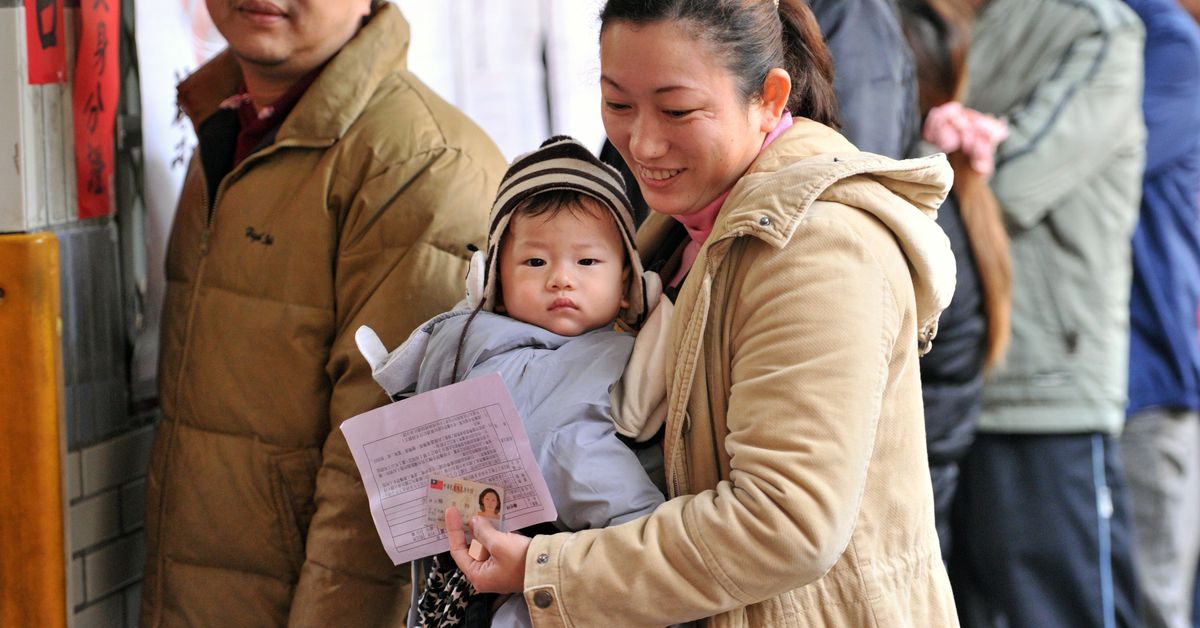These countries tried everything from cash to patriotic calls to duty to reverse drastically declining birth rates. It didn’t work.
…
If history is any guide, none of this will work: No matter what governments do to convince them to procreate, people around the world are having fewer and fewer kids.
In the US, the birth rate has been falling since the Great Recession, dropping almost 23 percent between 2007 and 2022. Today, the average American woman has about 1.6 children, down from three in 1950, and significantly below the “replacement rate” of 2.1 children needed to sustain a stable population. In Italy, 12 people now die for every seven babies born. In South Korea, the birth rate is down to 0.81 children per woman. In China, after decades of a strictly enforced one-child policy, the population is shrinking for the first time since the 1960s. In Taiwan, the birth rate stands at 0.87.



You want a gradual decline, not a quick one. A quick decline creates all sorts of stability problems (wars) and other terrible stuff like mass starvation and mass die-offs.
Like braking from 60 mph to a gradual stop, vs hitting a cement pillar at 60mph, haha.
Interesting. Definitely wouldn’t have thought of that.
Ultimately it has to do with the way our society is structured economically. We need continuous growth to pay off the debt we’re continuously accruing. If growth stalls or reverses the whole system collapses. Population decrease basically ensures that the required economic growth won’t occur.
Probably a good incentive to change how we live as a society rather than quiver at an unavoidable scenario.
Ideally, but the ones with their hands on the controls are the biggest beneficiaries of the current system, so it’s unlikely to change without a revolution or collapse.
Not sure what you’re bringing to the party but I don’t know why you’re telling me like I’m the complacent parent in all of this. You’re just as much part of getting dragged into this as the rest of us.
Not sure why you interpreted my post as accusatory. I agree we’re all along for the ride and there isn’t much we can do. As far as what I’m ‘bringing to the party’, I guess I would say that we should opt out of their broken system as much as possible. Reject blind consumerism and reject the extreme polarization the media is constantly trying to instill in us. Create value for others and store your economic energy in a system they can’t control (Bitcoin). Try to raise awareness in others of the unfairness of the system, and its inevitable doom due to the inherrent requirement of infinite growth with finite resources (the logic of a cancer cell). It’s not much on an individual scale, and probably won’t affect the ultimate outcome, but hopefully we and the people we love can be somewhat insulated from the system as it exists and the chaos that will come when it falls.
Everything in moderation! Luckily, we are technologically at a place where we don’t need a hundred people all threshing wheat by hand, or dying of preventable diseases…or even people spending all day on repetitive tasks. We can automate much more, so we can work with less. And overall, I think that slower decline will ease strain on the planet. We just wanna make sure we do everything carefully.